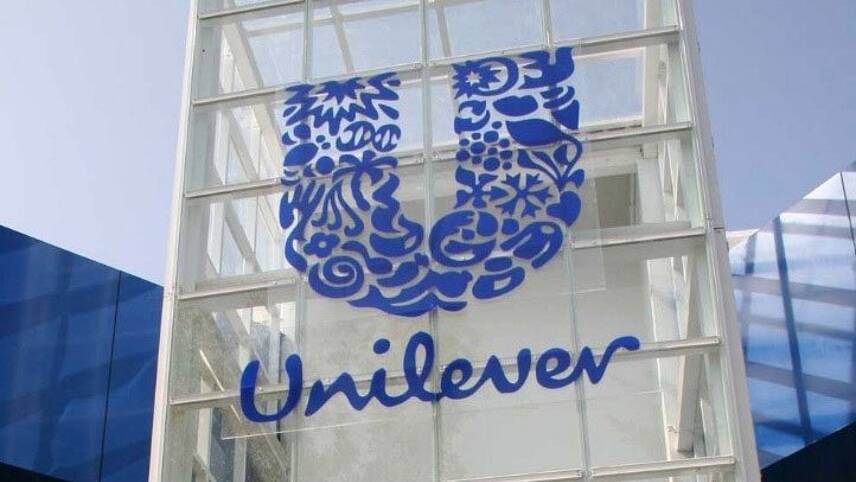Register for free and continue reading
Join our growing army of changemakers and get unlimited access to our premium content

The move comes 15 months after the firm updated its overarching climate targets
Included in the firm’s Climate Transition Action Plan, which received the backing of more than 99% of shareholders at a vote this May, was a commitment to help suppliers set approved science-based targets and to adopt the systems, processes and technologies needed to deliver them.
Unilever’s headline climate commitment is to become a net-zero business by 2039. There is an interim ambition to halve the impact of products, including their supply chain impacts, by 2030.
Building on these commitments, Unilever’s chief procurement officer David Ingram this week launched a new initiative called the Unilever Climate Promise for Suppliers.
In signing the Promise, suppliers commit to developing public targets to reduce emissions by at least 50% by 2030. A landmark report from the Intergovernmental Panel on Climate Change (IPCC) in 2018 stated that humanity will have the best chance of limiting the global temperature increase to 1.5% by halving global emissions by 2030 and bringing them to net-zero by 2050.
Promise signatories are also required to share their baseline greenhouse gas footprint data with Unilever, that the business will provide more targeted support, and to publicly report on decarbonisation progress.
Any supplier can sign the Promise at any time but, in the first instance, Unilever is hosting a programme that will more closely involve 40 suppliers from early 2022. From 2023 onwards, the programme will be scaled to reach 300 of the suppliers that contribute most significantly to Unilever’s upstream Scope 3 (indirect) emissions. Collectively, these 300 suppliers are accountable for two-thirds of the emissions in this scope.
Ingram said Unilever needs to “radically reduce our greenhouse gas impact at every step of production – from the raw materials we source, to manufacturing, right up to when our products are sold”.
“This year we hit the ground running with a series of innovations but we can only achieve our ultimate goal by partnering with other, like-minded businesses,” he said.
“Through our Climate Promise, Unilever is inviting its key partners to demonstrate their shared values and commitment to working with us to measure, reduce and report on emissions in their own value chains and look for ways to incentivise and support their success.”
Readers interested in leaing more about how they can tackle their organisation’s own Scope 3 emissions are encouraged to tune into edie’s free masterclass webinar on this topic, taking place from 1-2pm BST today (23 September). Click here for full information on this session, hosted in association with Carbon Intelligence. The same link can be used to access the webinar on-demand once the event has taken place.
From suppliers to clients
Also announcing fresh measures to tackle emissions beyond its own operations this week is technology and consultancy giant Capgemini.
Building on a commitment to help clients mitigate 10 million tonnes of greenhouse gas emissions by 2030 – equivalent to 20 times its own direct emissions – the business has launched a new ‘Net Zero Strategy’ offering for clients.
The offering will support businesses with the target-setting part of net-zero, but also with supporting long-term visions with credible science-based ambitions, and with delivering tangible emissions reductions on the ground.
Capgemini said in a statement that the offering will “support clients on implementing transformative business models, and engaging the right talent and stakeholders to achieve low carbon transformation”.
Earlier this week, CDP revealed that just 20% of the climate targets set by businesses headquartered in the G20 group of nations are supported by verified science-based targets. The UK and France outperformed the average, but no targets set by corporates in Indonesia, Russia and Saudi Arabia have been verified.
Sarah George


Please login or Register to leave a comment.